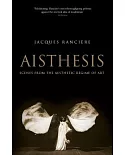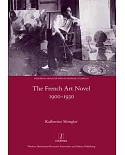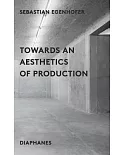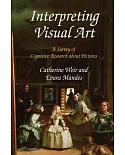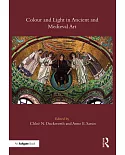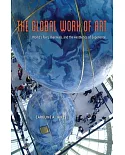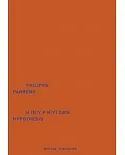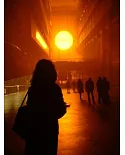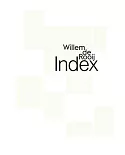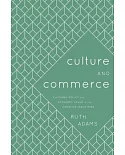Focusing on one landmark catastrophic event in the history of an emerging modern nation--the Great Kanto Earthquake that devastated Tokyo and surrounding areas in 1923--this fascinating
volume examines the history of the visual production of the disaster. The Kanto earthquake triggered cultural responses that ran the gamut from voyeuristic and macabre thrill to the romantic
sublime, media spectacle to sacred space, mournful commemoration to emancipatory euphoria, and national solidarity to racist vigilantism and sociopolitical critique. Looking at photography,
cinema, painting, postcards, sketching, urban planning, and even scientific visualizations, Weisenfeld argues that that visual culture has powerfully mediated the evolving historical
understanding of this major national disaster, ultimately enfolding mourning and memory into modernization.



